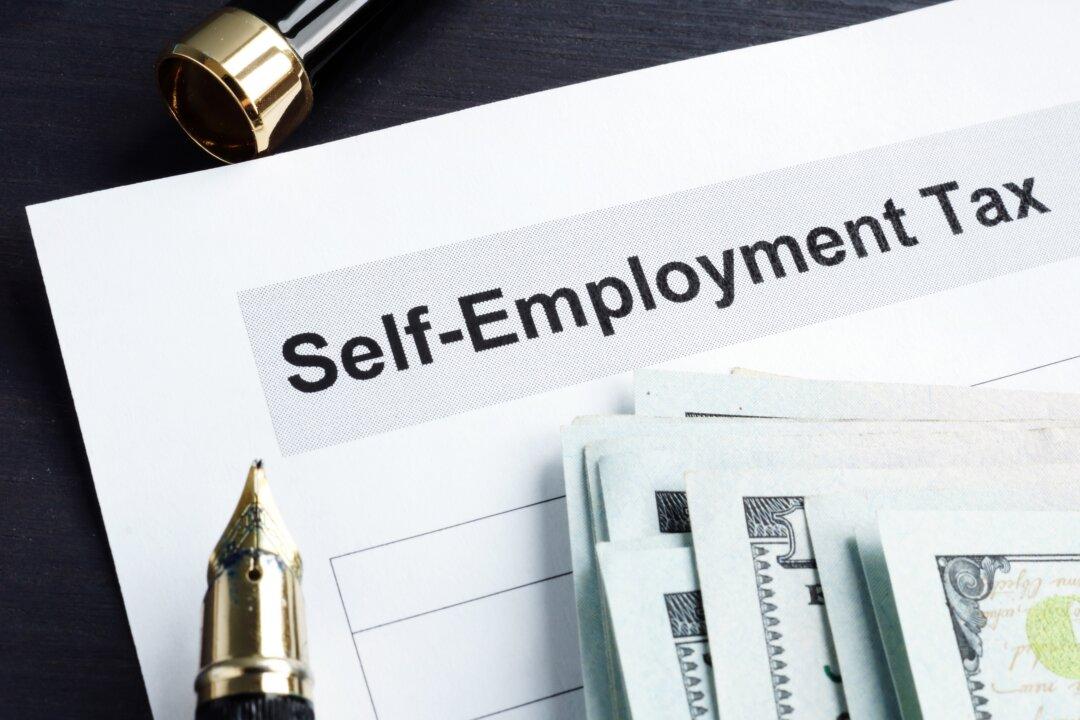The best time to start retirement planning is today. No matter what you are doing as you read this, or what you have planned for the rest of the day, you should make time to begin retirement planning if you do not already have plans in place.
Whether you have a retirement account from work, or a savings account designated for retirement spending, there is so much more you can do to provide yourself income when you stop accepting a regular paycheck.






